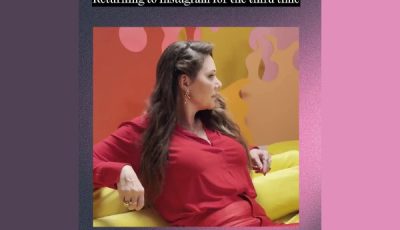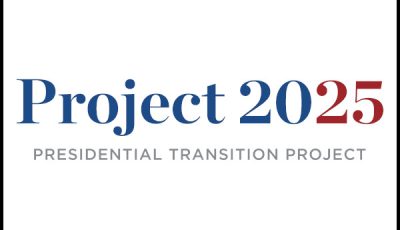ABC Investigation Reveals Conflicting Porno-Stances Within Australian Society
 Throughout the world, views on porn are being challenged. In the UK, a controversial age verification law (that previously had an April implementation) has been pushed back to July 15. In India, the social app TikTok has been banned due to the possibility of minors being able to access adult content. The attitudes to porn in Australia, however, might be the most extreme and most contentious of any nation.
Throughout the world, views on porn are being challenged. In the UK, a controversial age verification law (that previously had an April implementation) has been pushed back to July 15. In India, the social app TikTok has been banned due to the possibility of minors being able to access adult content. The attitudes to porn in Australia, however, might be the most extreme and most contentious of any nation.
An investigation from the Australian Broadcasting Corporation (ABC) found that the country is vastly divided on the concept of online porn. While Pornhub claims Australia ranks ninth, globally, for visitors to its site, online porn is partly illegal down under. The alleged perils of porn are taught in schools, and one in five Australians indicated that they have been victimized by the non-consensual creation and dissemination of sexual content. Not porn per se, but enough people refuse to acknowledge the difference to make it a significant observation.
Like any other country, there is a wide array of opinions in Australia about porn — from the outspoken defender to the squeamish user to the impassioned anti-porn crusader. Unlike other Westernized countries, it is illegal for an Australian website or broadcaster to present explicit material of a sexual nature in all states, except the Northern Territory and the Australian Capital Territory. However, if the content is not shown endangering an individual via illegal activity, it is legal for Australians to access porn hosted on servers outside of Australia.
The proliferation of perceived “aggressive” or “violent” porn in the United States has caused pause in Australia. As the United States is the world’s largest consumer and producer of porn, this means that most of the porn online participates in this “arms race” for viewers. This may be giving men false impressions of what healthy sex and consent look like, argues some advocates in Australia.
This is supported by a 2010 study published in the journal Violence Against Women that found that 88 percent of porn scenes in popular movies contained some form of “physical aggression” by men against women. This typically takes the form of slapping, gagging, choking, and other forms of vigorous contact — all of which the co-performers are typically shown enjoying.
“In all three of my major relationships, girls have felt second to it. Some try to be involved, I guess to connect with me more when they’re feeling neglected,” “Steve,” a self-proclaimed “porn addict,” told ABC in their investigation.
“I would always pressure girls to do things I assume they’d have never even considered… It’s hard to tell if they were genuinely into things or if they just put it on,” he continued.
Public pressure has made reform of the nation’s censorship laws difficult. “I’m not one for censorship like they would do in China, for instance, but I am one for protecting people from materials that are, and are considered to be, quite harmful,” Australian Senator Jonathon Duniam told ABC. This has left the nation to consider controversial options, such as mandatory internet filters — with all the inherent headaches attached to them.
For performers working in Australia, this ambiguity is even worse. Adult content featuring fetishes or acts that can be called “revolting or abhorrent phenomena” — which is defined as “fetishes or practices, sometimes accompanied by sexual activity, which are considered offensive” — can be banned in the country. This includes bondage, spanking and fisting.
“Australia has some great talent for porn,” Australian performer Jessie Lie Pierce told News.com.au. “Heading over to the US isn’t an option for everyone and it’s not easy to get a working visa, so the correct laws would help Australia’s porn industry grow. I think it should all be completely legal — but at the very least, the laws should be clear.”
“The important things like consent [being obtained], people being of age, and not under the influence of alcohol or other substances should be a must,” Pierce added.
For those that believes that adults should be able to freely celebrate their sexuality, Australia presents a test. Balancing and addressing an alleged public safety issue with free speech and free expression may take inspired leadership and out-of-the-box thinking. The question is if there is enough will for such an answer to emerge.
Image via Ethan Brooke from Pexels.













